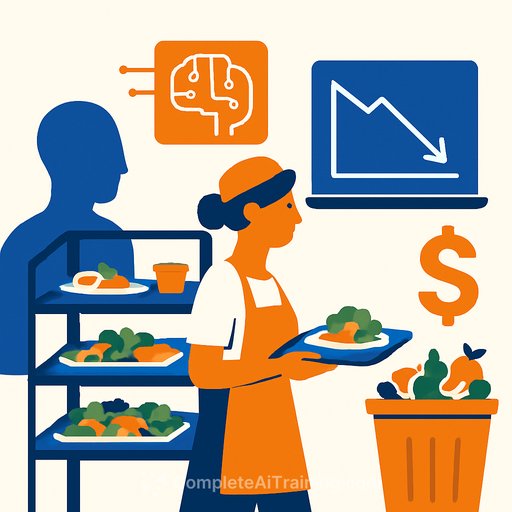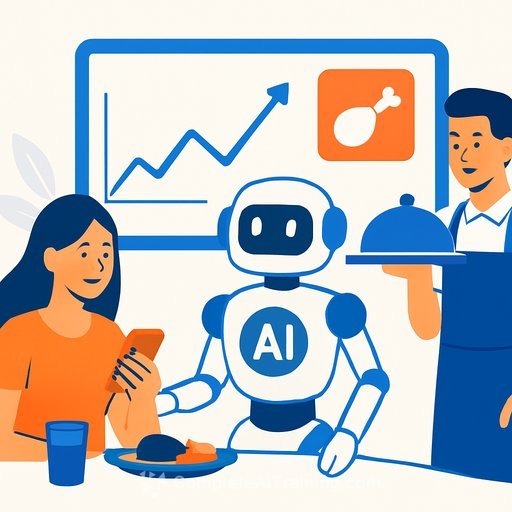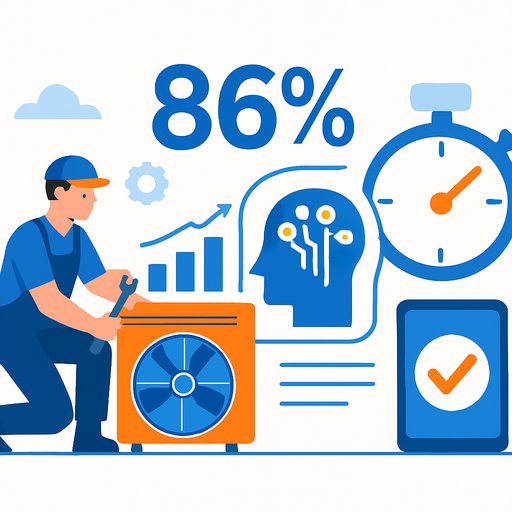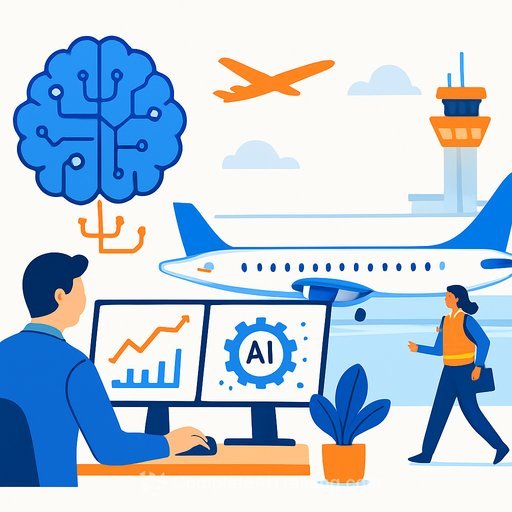Universities today face shrinking budgets and rising pressure to operate sustainably. While much attention focuses on AI in classrooms, a quieter shift is happening in campus operations—specifically in food service and waste management. This behind-the-scenes AI quietly cuts costs and waste, helping campuses run more efficiently without disrupting student life.
The unseen infrastructure saving money and resources
Food service is one of the biggest expenses on campus—and one of the toughest to manage. Over-ordering and excessive single-use packaging lead to waste and inflated costs. AI-powered platforms like Topanga’s ReusePass and Streamline address these issues by tracking packaging use and food waste with machine learning and simple text message reminders.
Reusable containers that actually get returned
With ReusePass, every takeaway container has a unique QR code. Students scan once, eat anywhere, then return the container to a designated bin. If they forget, an automatic SMS reminder nudges them to return it. This straightforward approach has driven return rates above 98% across hundreds of kitchens.
Each container is reused dozens of times, cutting down on disposable waste, reducing purchasing needs, and lowering hauling expenses. Facilities managers benefit from real-time dashboards that quantify how many pounds of packaging have been avoided—data that also supports sustainability goals important to students.
Reducing kitchen waste with smart tracking
Streamline uses sensors to monitor what food is wasted and why. This insight helps kitchens reduce overproduction and ingredient costs while improving meal planning. The end result: less waste, more efficient prep, and saved time for staff.
Why students care—and why it matters to operations
Studies show that affordability and climate action are top priorities for Gen Z students choosing a school. Closed-loop dining systems like ReusePass offer concrete proof that campuses are acting on these values. Because the system requires no extra apps or deposits, it fits seamlessly into student routines—even during the chaos of move-in.
AI beyond dining
Operational AI is also being applied to roommate matching, fleet management, and event scheduling, but food remains the constant factor. Every meal is a chance to save money and reduce carbon footprints. As more campuses join, aggregated data helps refine AI algorithms and improve outcomes year over year.
With roughly one-third of private colleges running deficits and new financial uncertainties ahead, cutting 2-5% of operating costs without adding staff can be crucial. These AI tools don’t replace people—they empower already stretched teams to do more.
What’s next for AI in campus operations
Integrations with inventory and point-of-sale systems are being piloted to connect purchase orders directly to consumption and waste data. There are also plans to reward students with loyalty points for sustainable behavior, linking eco-friendly habits to campus life.
For now, the impact is clear in returned containers, pounds of food saved, and dollars freed up. This practical, behind-the-scenes AI quietly supports campuses in staying solvent and sustainable.
```Your membership also unlocks:






